The Nuts and Bolts of Specialty Bolts
Created at : Sep 28, 2023
Bolts are the unsung heroes of construction, engineering, and manufacturing. These unassuming pieces of hardware play a crucial role in holding together everything from bridges and skyscrapers to cars and electronics. While standard bolts are versatile and widely used, there is a world of specialty bolts that cater to unique and demanding applications.
What Are Specialty Bolts?
Specialty bolts are precision fasteners designed for specific applications where standard bolts may not suffice. They come in various shapes, sizes, and materials, each tailored to meet specific requirements, such as extreme temperature resistance, high corrosion resistance, or exceptional strength. These bolts play a critical role in industries where precision, reliability, and safety are paramount.
Types of Specialty Bolts
- High-Temperature Bolts: Industries like aerospace, automotive, and power generation often require bolts that can withstand extreme temperatures. High-temperature bolts are typically made from materials like Inconel or titanium, offering excellent resistance to heat and corrosion.
- Stainless Steel Bolts: For applications where corrosion resistance is vital, stainless steel bolts are a popular choice. These bolts are ideal for marine environments, chemical plants, and food processing facilities.
- Structural Bolts: Structural bolts are used in construction and engineering projects where the integrity and safety of structures are paramount. They are designed to provide high tensile strength and durability.
- U-Bolts: U-bolts are U-shaped bolts with threads on both ends. They are commonly used to secure pipes and tubing to structures, making them essential in the plumbing and construction industries.
- Eye Bolts: Eye bolts have a looped head and are used for lifting heavy loads. They are commonly found in manufacturing, warehousing, and construction applications.
- Carriage Bolts: Carriage bolts have a round head with a square neck, making them resistant to turning when tightened. They are often used in wood-to-wood and wood-to-metal applications.
- Flange Bolts: Flange bolts have a built-in washer-like flange beneath the head, which distributes the load and eliminates the need for a separate washer. They are used in automotive, plumbing, and HVAC systems.
- Hex Cap Screws: These bolts have a hexagonal head and are known for their versatility. They are widely used in machinery, automotive, and construction.
- Anchor Bolts: Anchor bolts are embedded in concrete to provide a secure anchoring point for structures like buildings, bridges, and equipment.
- Specialized Aerospace Bolts: Aerospace bolts must meet strict quality and performance standards. They are used in aircraft and spacecraft construction and often require exotic materials like titanium or superalloys.
Industries That Rely on Specialty Bolts
- Aerospace: Aerospace manufacturers demand precision fasteners that can withstand extreme conditions, including high temperatures and vibrations. Specialty aerospace bolts play a crucial role in aircraft and spacecraft construction.
- Automotive: The automotive industry requires a wide range of bolts, from engine components to chassis fasteners. High-strength and corrosion-resistant bolts are vital for vehicle safety and longevity.
- Construction: Structural bolts and anchor bolts are essential in construction, ensuring the stability and safety of buildings, bridges, and other structures.
- Marine: Given the corrosive nature of seawater, the marine industry relies heavily on stainless steel bolts to prevent rust and maintain the structural integrity of ships and offshore installations.
- Oil and Gas: In the oil and gas sector, bolts must withstand harsh environments, including exposure to chemicals and extreme temperatures. Specialty bolts are used in pipelines, drilling equipment, and refineries.
- Energy: Power plants and renewable energy installations require bolts that can handle high temperatures and stresses. Specialty bolts are crucial for maintaining the reliability of these facilities.
Conclusion
Specialty bolts may be small in size, but their significance in various industries cannot be overstated. From aerospace to construction, these precision fasteners ensure the safety, reliability, and longevity of critical structures and equipment. As technology advances, we can expect to see even more specialized bolts designed to meet the evolving demands of modern industries. Whether it's withstanding extreme temperatures, corrosive environments, or providing structural stability, specialty bolts are the unsung heroes that keep our world securely fastened together.
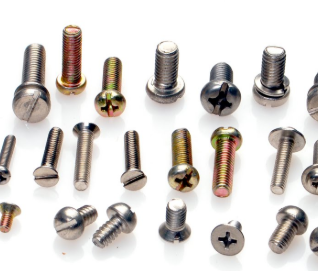 SCREWS
SCREWS
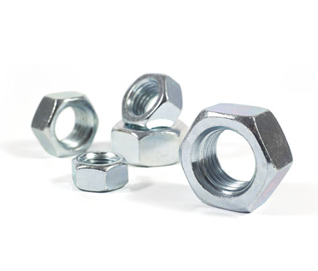 NUTS
NUTS
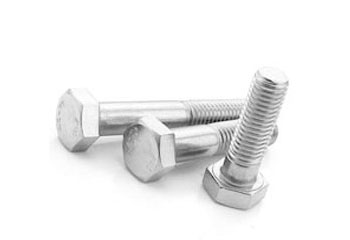 BOLTS
BOLTS
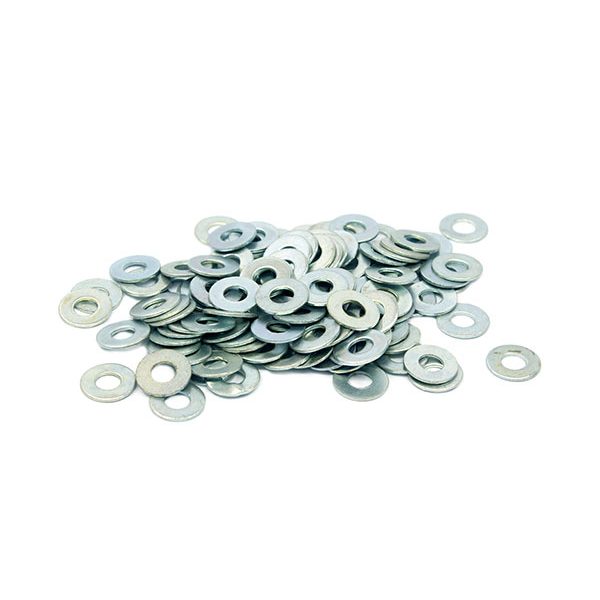 WASHERS
WASHERS
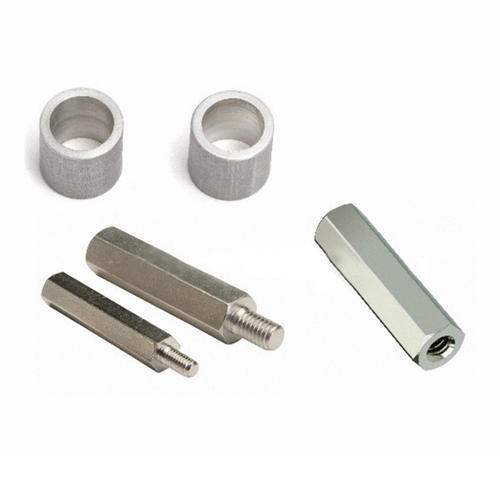 SPACERS & STANDOFFS
SPACERS & STANDOFFS
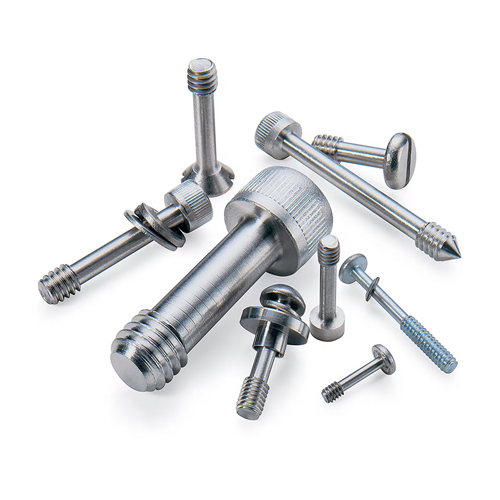 PRECISION/CUSTOM PARTS
PRECISION/CUSTOM PARTS
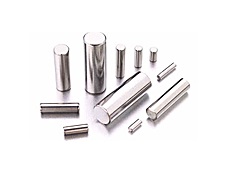 PINS
PINS
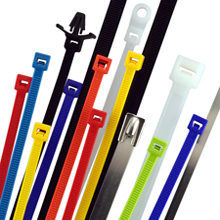 WIRE HANDLING
WIRE HANDLING
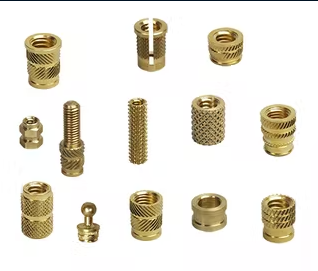 INSERTS
INSERTS
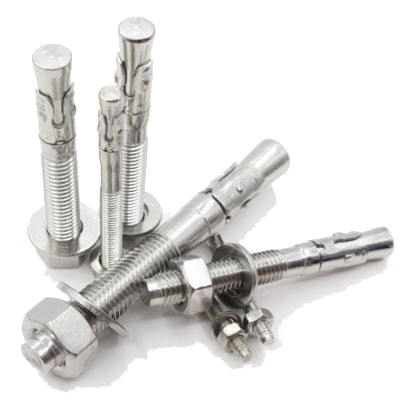 ANCHORS
ANCHORS
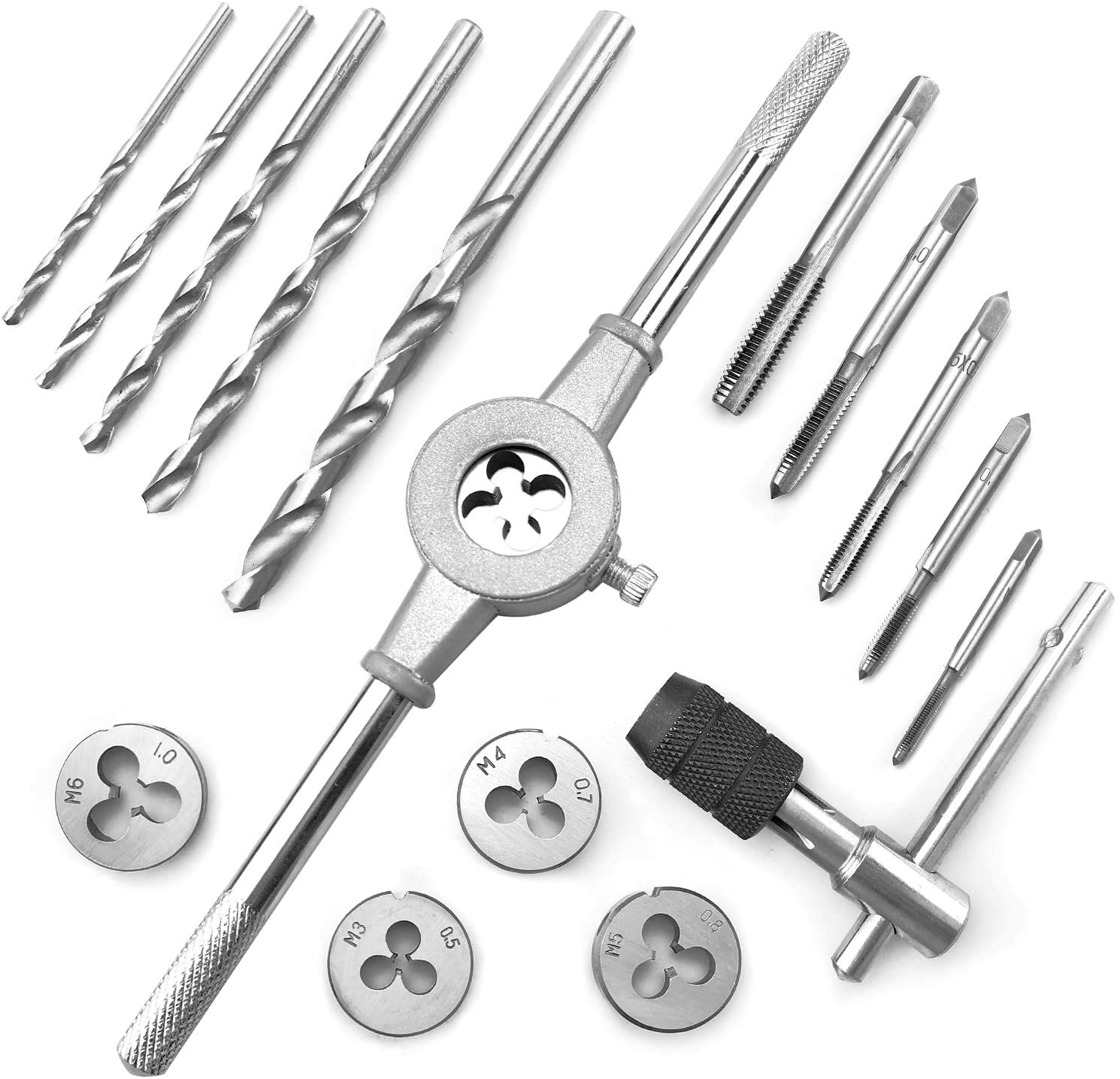 DRILL BITS, TAPS, & DIES
DRILL BITS, TAPS, & DIES
 ABRASIVES & SAWBLADES
ABRASIVES & SAWBLADES
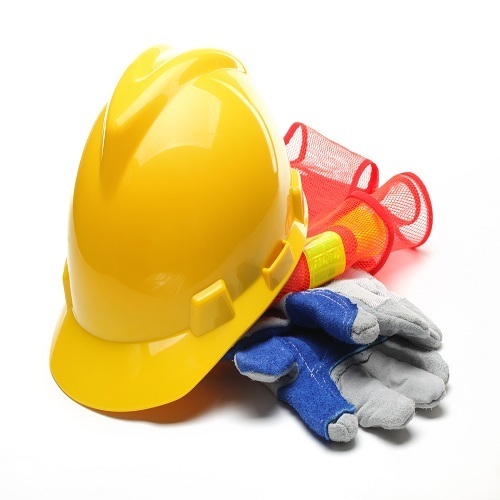 SAFETY EQUIP.
SAFETY EQUIP.
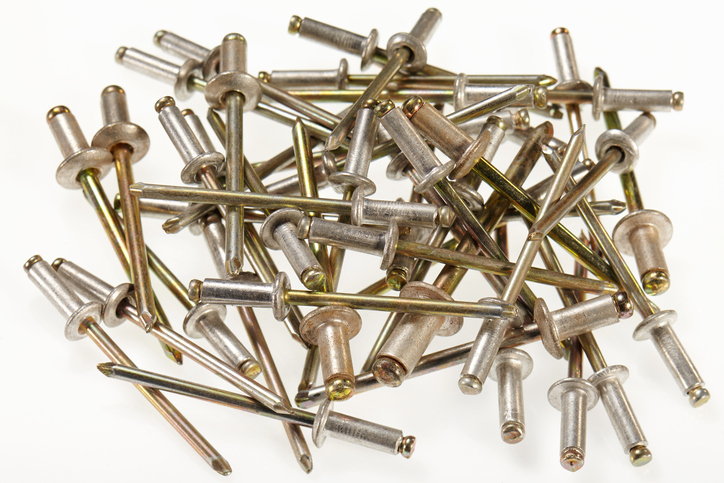 MISC.
MISC.
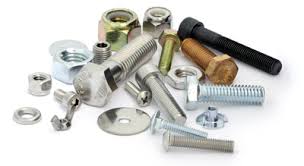 MATERIAL TYPES
MATERIAL TYPES
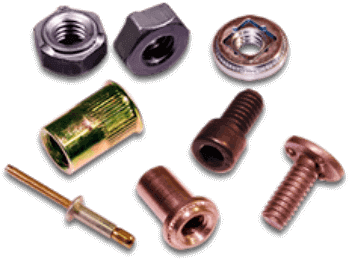 PLATING TYPES
PLATING TYPES